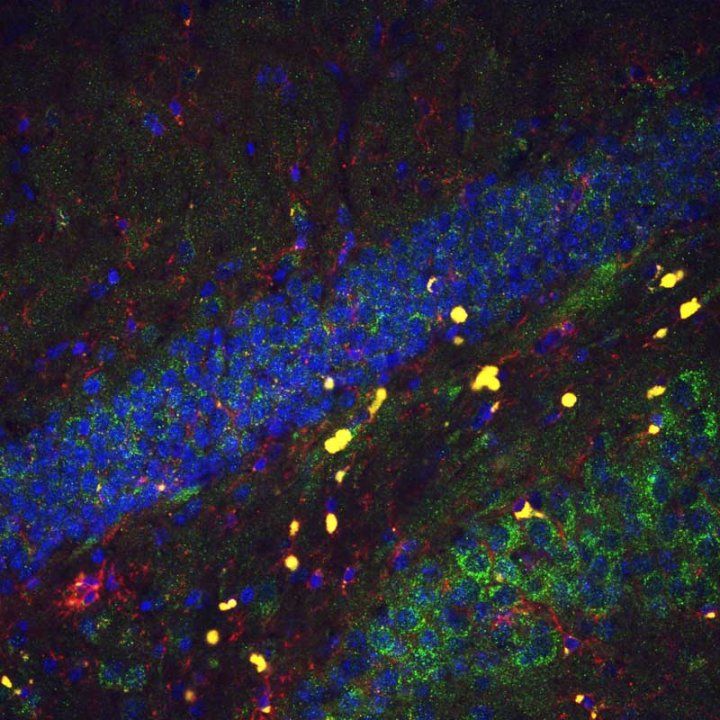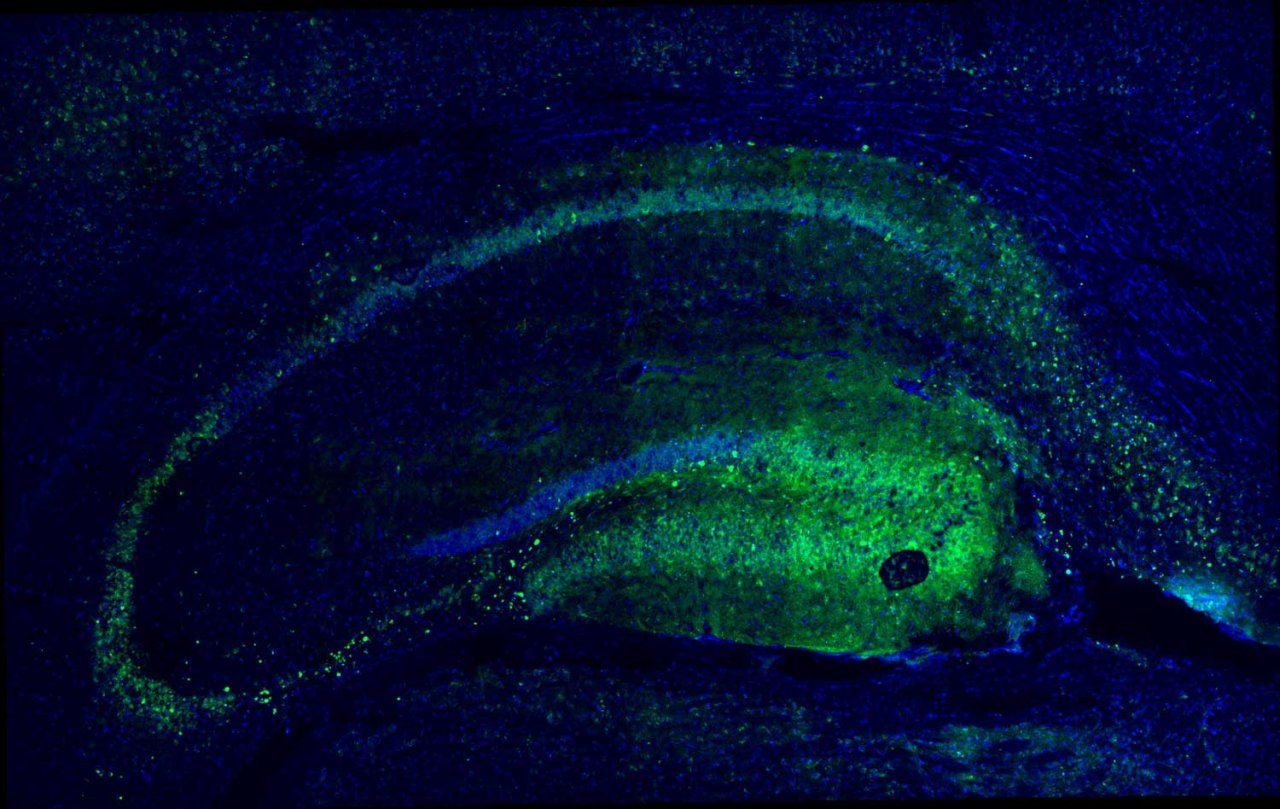
A new study suggests that genes from the so-called silent X chromosome in women may reactivate later in life, potentially offering protection against cognitive decline.
The research may explain why women often experience slower cognitive aging than men and could lead to new strategies to preserve brain function.
The findings, led by researchers at the University of California, San Francisco (UCSF), were published in Science Advances on March 5. While the study was done in mice, supporting evidence from human brain tissue suggests the same process could occur in people.

Unlike men, who carry one X and one Y chromosome, women typically have two X chromosomes.
"Aging had awakened the sleeping X," said Margaret Gadek, the study's first author and a graduate student in UCSF's MD-PhD program.
This reactivation may offer insight into why women generally maintain cognitive abilities longer than men, despite living longer.

Among the 22 genes that became active again in older female mice, one stood out: PLP1.
The PLP1 gene was particularly active in oligodendrocytes, brain cells responsible for producing myelin. The study found that increasing PLP1 in these cells improved cognitive performance, even when introduced late in life.

To see if this process occurs in humans, the researchers analyzed brain tissue from older adults.
They found that only women had elevated levels of PLP1 in brain regions near the hippocampus. This suggests that the same gene reactivation seen in mice could also happen in women.
Professor Dena Dubal, senior author of the study, explained, "Only women had elevated PLP1." This supports the idea that the second X chromosome may continue to influence brain health throughout life.

The study adds to a growing understanding of how women's brains age differently from men's.
In total, around 22 genes escaped X inactivation in the hippocampus of aged female mice. Many of these genes are linked to brain development and intellectual disability when mutated.
The researchers noted that the aging female brain had higher overall X chromosome expression due to this reactivation. As a result, women may have a biological advantage when it comes to resisting age-related cognitive decline.

Scientists are now working to find out whether similar gene reactivation patterns occur in women with dementia or other brain conditions. They are also exploring whether treatments can enhance the expression of protective genes like PLP1.
Cognition is one of our biggest biomedical problems. Are there interventions that can amplify genes like PLP1 from the X chromosome to slow the decline—as we age?
Professor Dena Dubal said
While more research is needed to confirm these results in humans, the study offers a promising new perspective.
The reawakening of the silent X chromosome may play a critical role in brain aging, and understanding this process could lead to future breakthroughs in preventing cognitive decline.